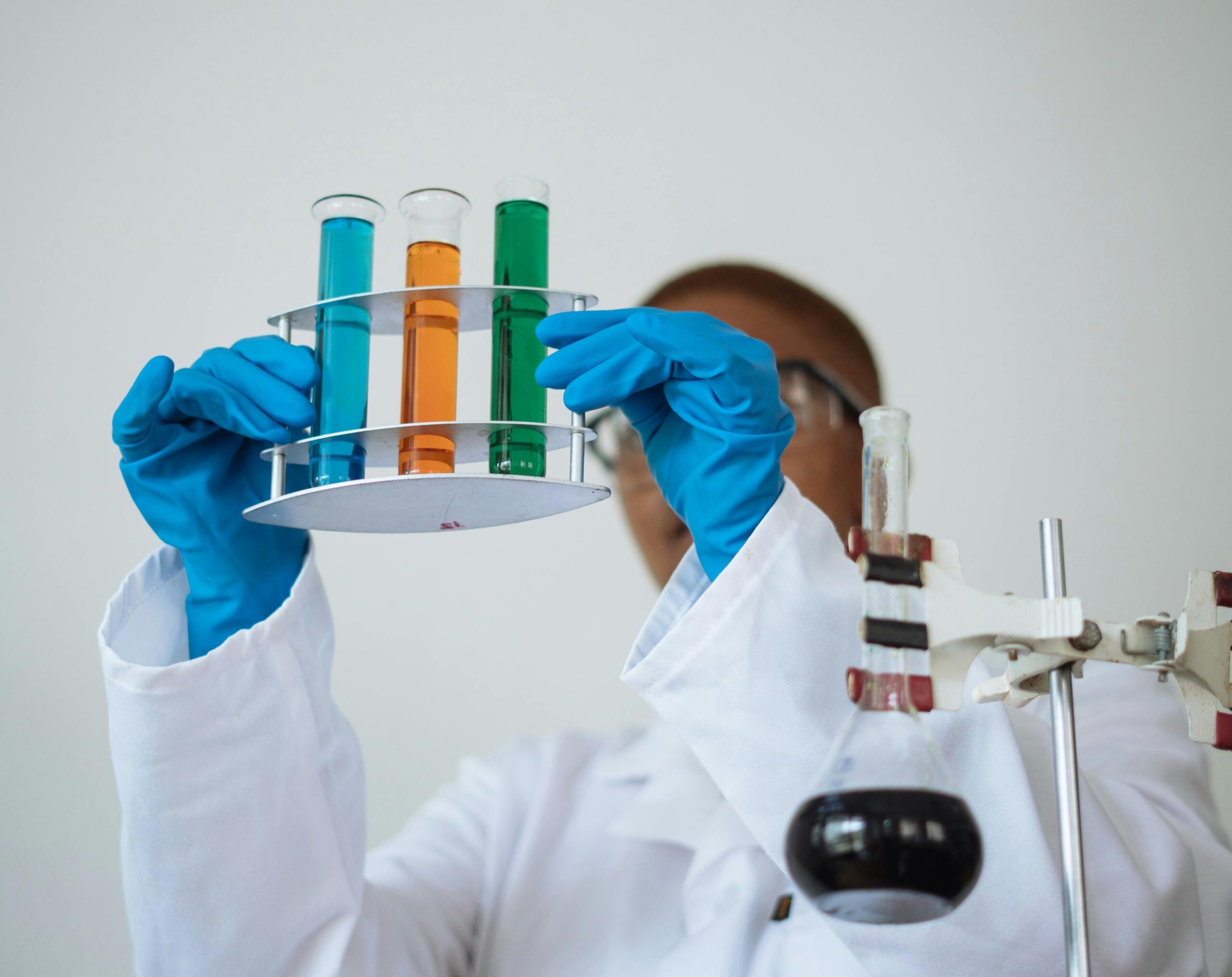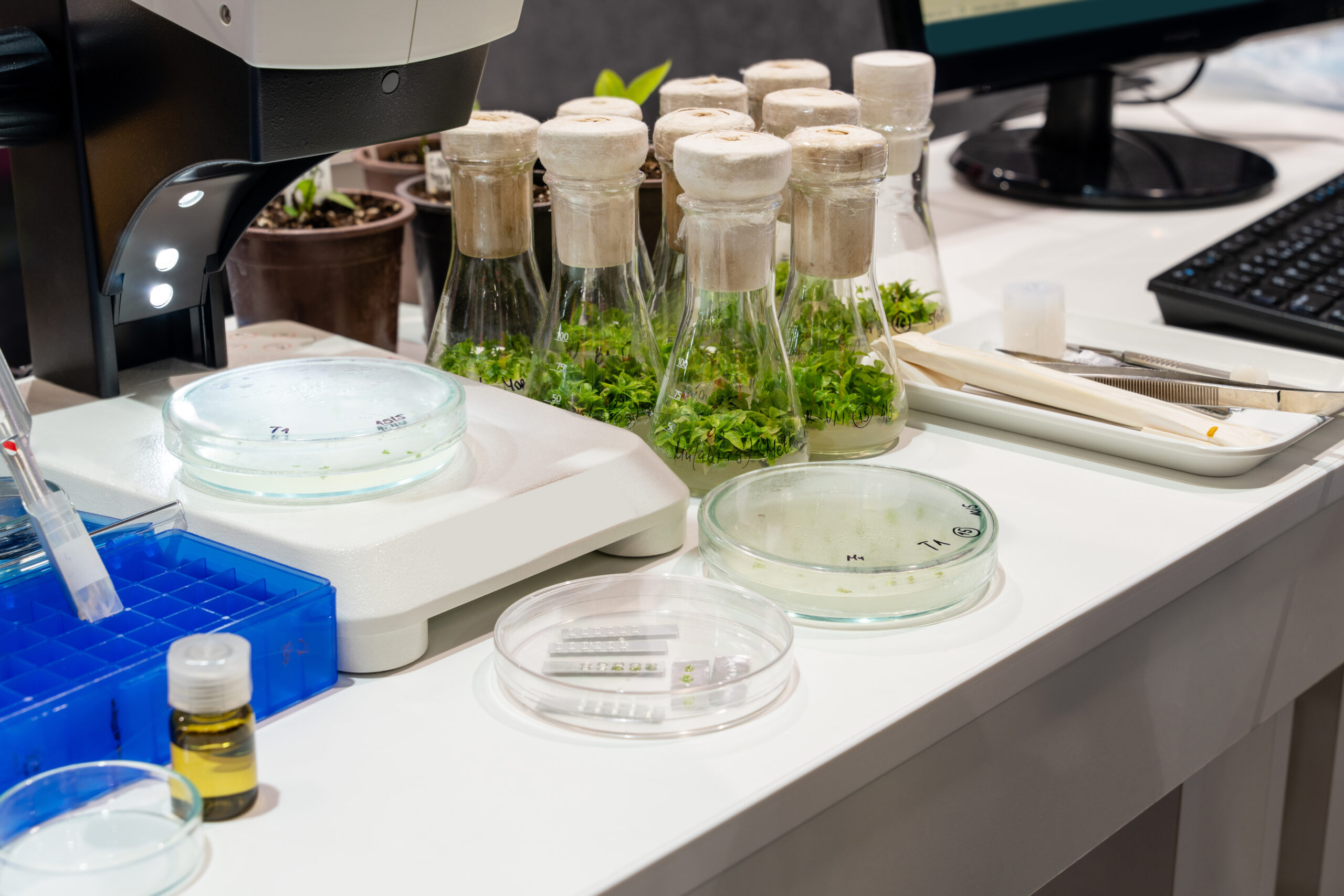India’s medicine industry is going through a big change. A new report by Bain & Company called “Healing the World: Roadmap for Making India a Global Pharma Exports Hub” says that by 2030, India’s medicine exports will double and reach $65 billion. This means India will sell medicines worth 65 billion US dollars to countries all over the world. Even more exciting is that by 2047, India’s medicine exports could grow to $350 billion. This will make India one of the top five medicine-exporting countries in the world. This growth shows that India is becoming a very important player in global healthcare, helping many people get affordable and effective medicines.
India is famous for making generic medicines for many years. Generic medicines are cheaper versions of branded medicines. Indian companies supply these medicines to both developing and rich countries. Because of this, India is known as the “pharmacy of the world.” But in the future, India needs to do more than just make a lot of generic medicines. The report says India’s medicine companies should start making special generic medicines, biosimilars, and new innovative medicines. Special generics are complex medicines that are hard to make but sell for more money. Biosimilars are copies of biological medicines, which are made from living cells and need advanced technology. New innovative medicines mean completely new drugs invented by Indian scientists. This will help India become a leader in the global medicine market.

India’s focus on advanced generics, biosimilars, and novel drugs is paving the way for its leadership in global pharma exports.
Why India Needs to Change Its Approach
For many years, Indian pharma companies made large amounts of affordable medicines. This helped patients all over the world, especially in poor and middle-income countries. But now, just making large quantities of cheap medicines is not enough. Other countries like China and some in Europe are also growing their medicine industries. To grow faster and compete with these countries, Indian companies need to make unique, patented, and advanced medicines. These medicines can be sold at higher prices and can be accepted in strict markets like the USA, Europe, and Japan.
Sriram Srinivasan from Bain & Company says that Indian medicine companies should focus on making medicines that are different from what others make. Instead of just copying, they need to do research and develop advanced generics, biosimilars, and new medicines. For this, companies must invest more money in research and development, improve manufacturing quality, and follow international rules properly. If they do this, Indian pharma companies will become bigger global players and increase their exports.
The report also talks about the importance of medicine quality and following regulations. Countries with strict rules only allow medicines that meet high standards. If India fails in quality, it will lose trust. So Indian companies must improve their quality checks and work closely with government regulators to follow global standards.
Challenges and What Needs to Be Done
Though the future looks good, India faces some challenges. One big problem is India depends on importing Active Pharmaceutical Ingredients (APIs) — the raw materials used to make medicines — mostly from China. To become self-reliant, India must start making more APIs within the country. The government is planning to build special areas called Bulk Drug Parks with good facilities like power, waste treatment, and transport to help API factories grow.
Viranchi Shah, president of the Indian Drugs Manufacturers Association (IDMA), says that making more APIs and improving infrastructure is very important. Along with this, better roads, energy supply, and waste management will help make medicines cheaper and better. Without fixing these problems, Indian companies will find it hard to compete in the world market.
Another important thing is innovation and skill development. India has many talented scientists and researchers, but they need better support like more funds, advanced labs, and chances to work with global companies. The government should encourage this by giving grants, tax benefits, and easier patent rules. This will make companies more interested in discovering new medicines and better ways to deliver them to patients.
The Indian Pharmaceutical Alliance (IPA) also says that India’s pharma industry must be excellent in everything — from making medicines to marketing and exporting — to help India reach its economic goals. India wants to become a $30 to $35 trillion economy by 2047, and the pharma industry will play a big role in this success. The industry and government must work together to create good conditions for growth, exports, and innovation.
India’s Pharma Growth and Its Global Importance
India’s growing medicine exports will help the country’s economy and also improve healthcare worldwide. Indian medicines are already used in many countries, especially in Asia, Africa, and Latin America, where affordable healthcare is very important. As India makes more special and better-quality medicines, it can help patients with serious diseases like cancer, diabetes, and autoimmune disorders.
This growth will create many jobs and bring more money for science and technology. Millions of people work in the pharma industry, from factory workers to scientists and sales teams. Increased exports will also help related industries like transport, packaging, and research services.
As India becomes one of the top five medicine exporters, it will have more say in global health decisions. This will help India promote cheaper medicines worldwide and support global health efforts. During global health emergencies like pandemics, India’s ability to supply medicines and vaccines will be very important for the world.
Conclusion: India’s Pharma Industry Has a Bright Future
India’s pharmaceutical industry is at an important moment. Doubling exports by 2030 and reaching $350 billion by 2047 is possible, but India must focus on innovation, quality, and building good infrastructure. By making advanced generics, biosimilars, and new medicines, India can become a world leader in pharma. To reach this goal, India must overcome challenges like dependence on imports, strict regulations, and the need for more research.
With the help of the government, industry groups like IPA and IDMA, and private companies, India can build a strong pharma ecosystem. This will make the economy stronger and ensure affordable, high-quality medicines reach people everywhere. India’s goal to be one of the top five pharma exporters shows its dedication to helping the world while growing its own economy.





